Latinos, those with only high school education, and under-30s hit harder by layoffs than other groups, according to new Tufts University national survey
This is the latest from the Tufts Priority Research Area on Equity, which I co-lead.
MEDFORD/SOMERVILLE, Mass. (July 30, 2020)—College graduates and high earners with incomes between $85,000 and $150,000 are most likely to feel that the government has helped them during the pandemic or that other individuals have assisted them, according to a national survey from Tufts University.
At the same time, the national survey found that Latinos, people under the age of 30, and those with only a high school diploma were more likely to have been laid off than other groups.
“The survey results provide insight into Americans’ differing perceptions of who is helping them through these unprecedented times, and who is bearing the brunt of the pandemic’s economic impacts,” said Wenhui Feng, assistant professor of Public Health and Community Medicine at Tufts University School of Medicine, who contributed to the study. “Layoffs have affected all population subgroups, but the economic toll of COVID-19 has hit particularly hard a segment of the population that was struggling even before the pandemic.”
The survey was designed and analyzed by Tufts University’s Research Group on Equity in Health, Wealth and Civic Engagement. The research group previously released data showing that only 57 percent of Americans would get vaccinated for COVID-19 if a vaccine were available. It also has released additional research about who has been more likely to self-isolate and to be tested for the virus during the pandemic.
Government, nonprofits provide assistance
About one third (33%) of survey respondents say that the government has helped them deal with COVID-19 or its effects. The survey did not ask specifically how people were helped, but the federal government has provided financial assistance to some individuals and companies, and various federal, state and local governmental entities have provided testing, information and healthcare.
Individuals with higher education levels are more likely to feel that they have received assistance. About a quarter of people (24.5%) without a high school degree, 29% of high school graduates, 32% of people with some college, and 39% of people with at least a bachelor’s degree say they feel they have been helped. People from households with incomes between $85,000 and $150,000 are most likely to report that the government has assisted them.
By contrast, the study reveals that nonprofits have been a critical source of assistance for underserved segments of the population. Overall, 6% of Americans say a nonprofit has helped them with the virus or its impact, but that rate is triple (18%) among those with an income below $20,000/year. Latinos are most likely to report receiving assistance from nonprofits (13%), compared with 8% of non-Latino Black individuals, 4% of non-Latino white individuals, and 8% of those with less than a high school degree.
Employment also impacted
About one in seven (14%) of those surveyed say they were laid off due to COVID-19. Layoffs are more than twice as common for people with only a high school degree than for those with a bachelor’s degree or higher (17% versus 9%). Layoffs have been more common for Latinos (20%) than for African Americans (13.5%) or whites (12%). They have been most common for people under 30 (23%) and least common for those 60 and older (8.5%).
Other research conducted by the Center for Information & Research on Civic Learning and Engagement, part of Tufts University’s Tisch College of Civic Life, has also documented the adverse economic impacts of COVID-19 on youth—particularly on youth of color.
About the study
The survey was designed and analyzed by Tufts University’s Research Group on Equity in Health, Wealth and Civic Engagement. It was fielded online by Ipsos between May 29 and June 10, 2020, using its KnowledgePanel. The sample was nationally representative, and the number of complete responses was 1,267 non-institutionalized adult residents of the United States.
More technical information about the survey is at https://equityresearch.tufts.edu/the-survey/.
Tufts University’s Research Group on Equity in Health, Wealth and Civic Engagement was established in 2019 as part of a strategic effort to use resources and expertise across the university to address major global issues. It brings together researchers from across the university to discuss and investigate aspects of equity and inequity in the United States and the world. The research has been funded by Tufts University’s Office of the Vice Provost for Research as one of several such initiatives.
The group’s principal investigators are Jennifer Allen, professor of Community Health in Tufts’ School of Arts and Sciences; Peter Levine, associate dean for academic affairs and Lincoln Filene Professor of Citizenship & Public Affairs at Tisch College of Civic Life at Tufts; and Tom Stopka, an epidemiologist and associate professor at Tufts School of Medicine. Other members of the group can be found here.
By September 2020, the Research Group will launch a website at https://equityresearch.tufts.edu that will allow anyone to explore numerous dimensions of equity and inequity with an interactive data-visualization tool. Tufts’ Jonathan M. Tisch College of Civic Life is funding the data-visualization tool.
###
For more information o, contact: Robin Smyton robin.smyton@tufts.edu 617.627.5392 or Jen McAndrew jennifer.mcandrew@tufts.edu 617.627.2029.
About Tufts University
Tufts University, located on campuses in Boston, Medford/Somerville and Grafton, Massachusetts, and in Talloires, France, is recognized among the premier research universities in the United States. Tufts enjoys a global reputation for academic excellence and for the preparation of students as leaders in a wide range of professions. A growing number of innovative teaching and research initiatives span all Tufts campuses, and collaboration among the faculty and students in the undergraduate, graduate and professional programs across the university’s schools is widely encouraged.

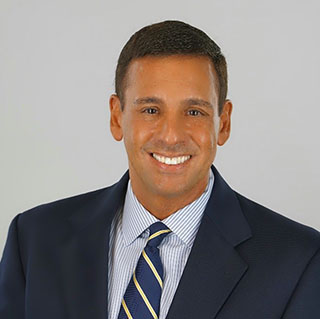
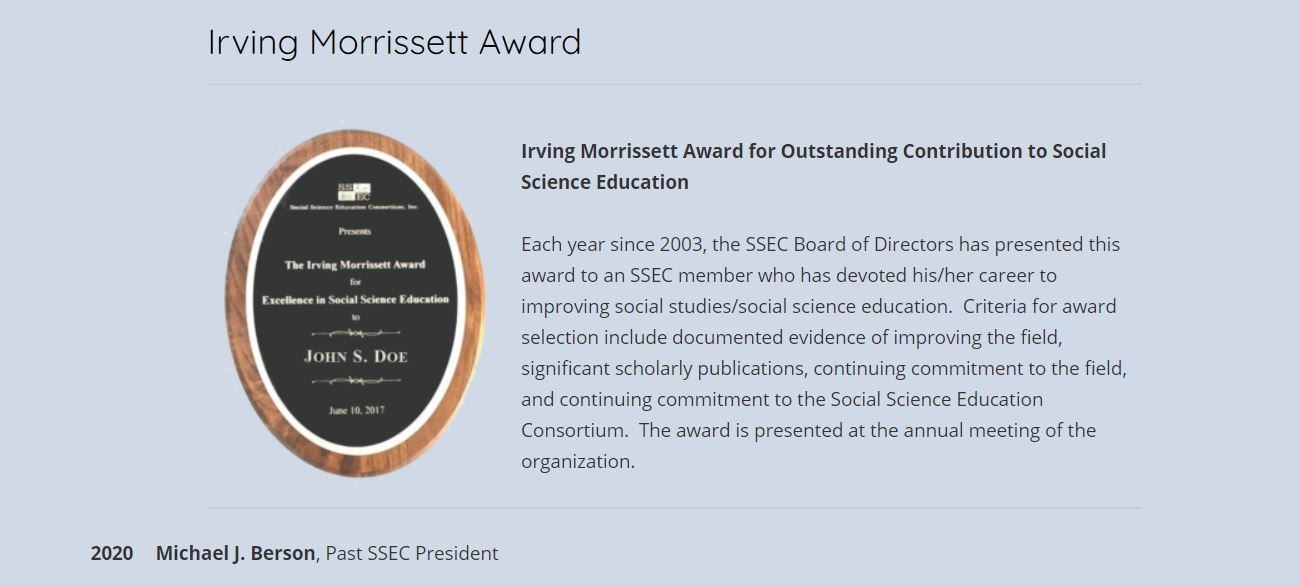
 Register ASAP
Register ASAP

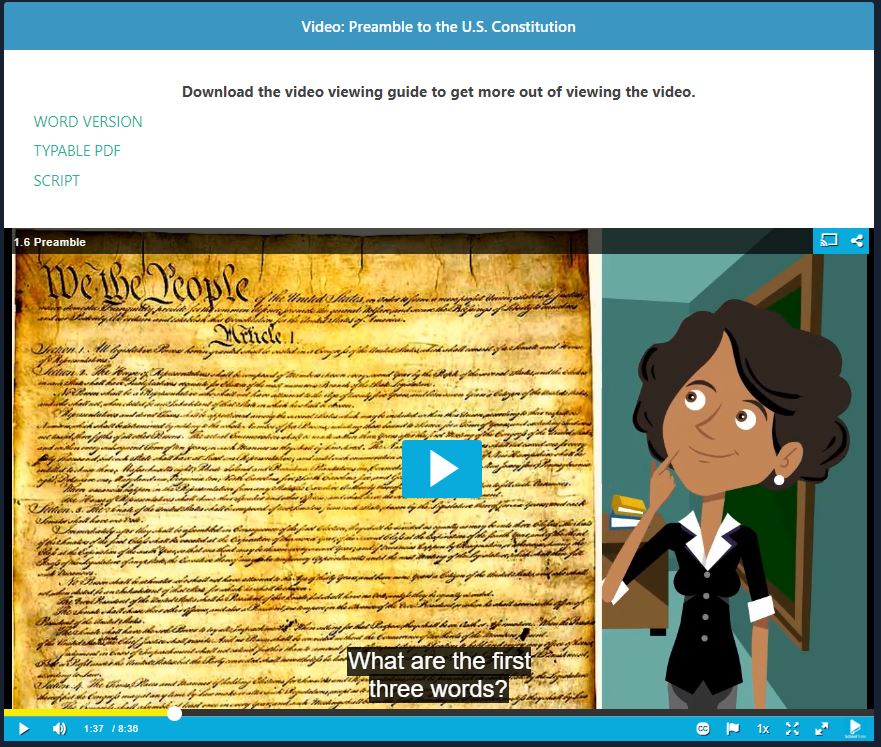




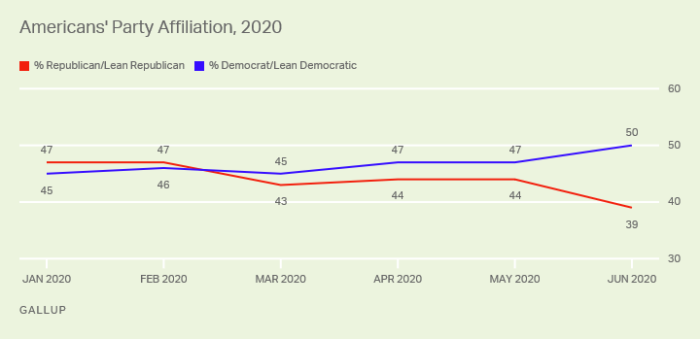
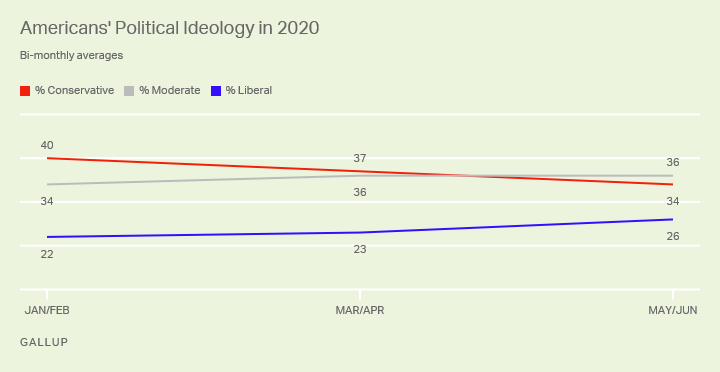
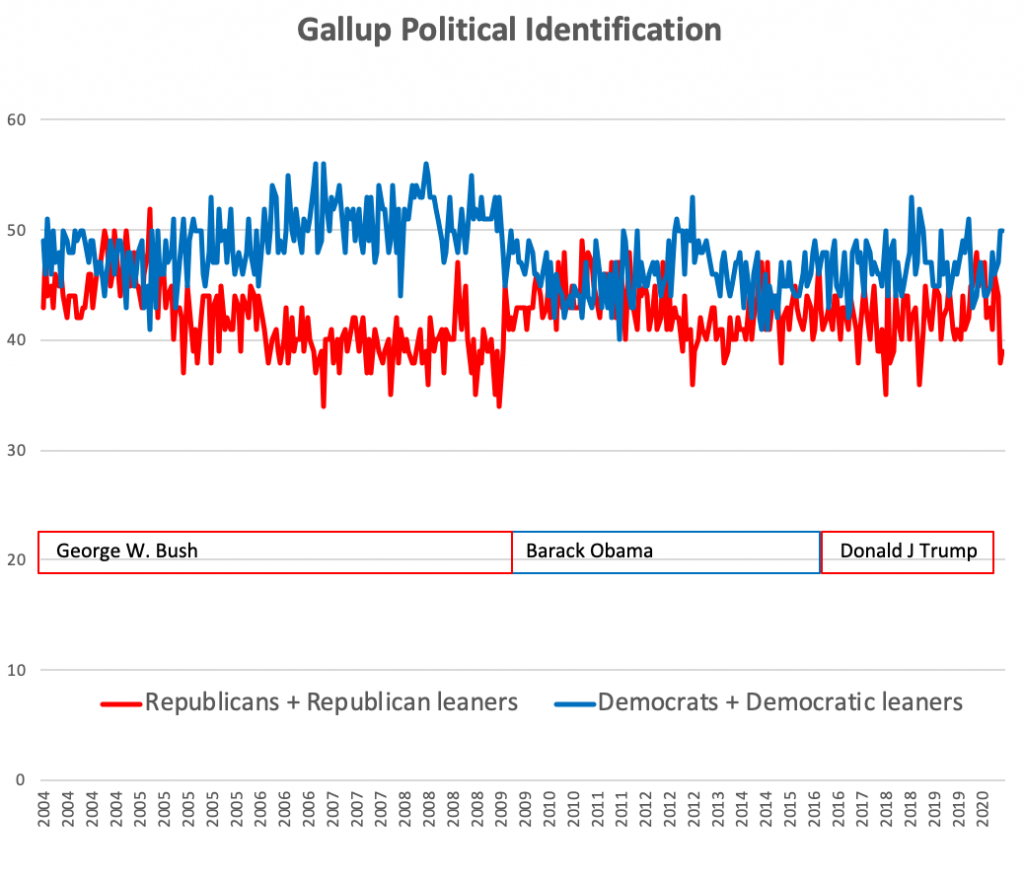
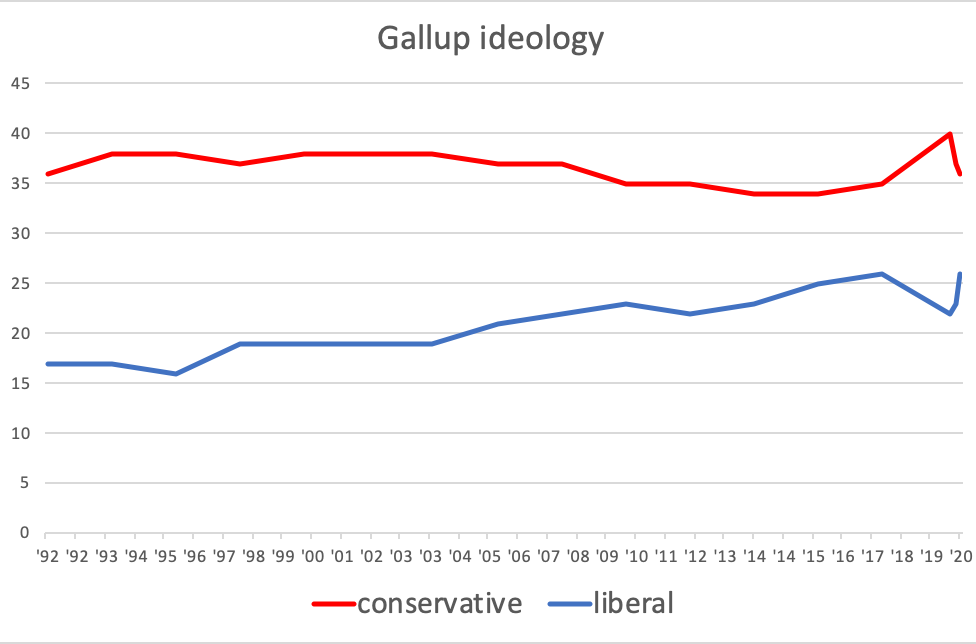
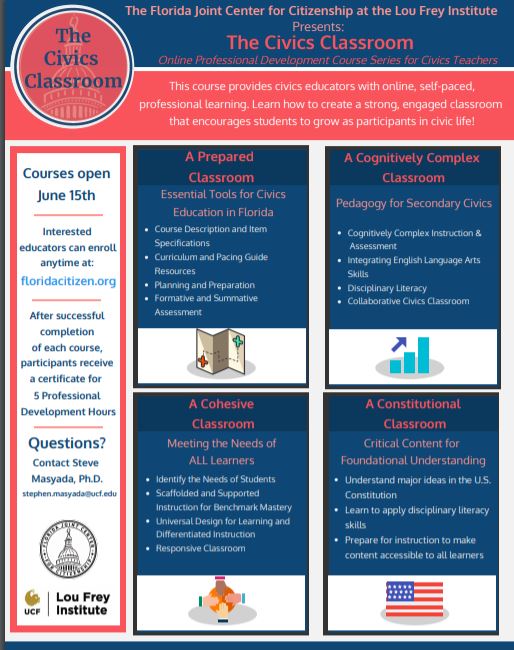







 Amani came to study in the United States from a middle-eastern country. She was on a government scholarship and had to meet specific academic benchmarks to keep it. Her freshman year consisted primarily of general education courses plus freshman English. Amani did well in her courses except for the parts that were discussion-based.
Amani came to study in the United States from a middle-eastern country. She was on a government scholarship and had to meet specific academic benchmarks to keep it. Her freshman year consisted primarily of general education courses plus freshman English. Amani did well in her courses except for the parts that were discussion-based.